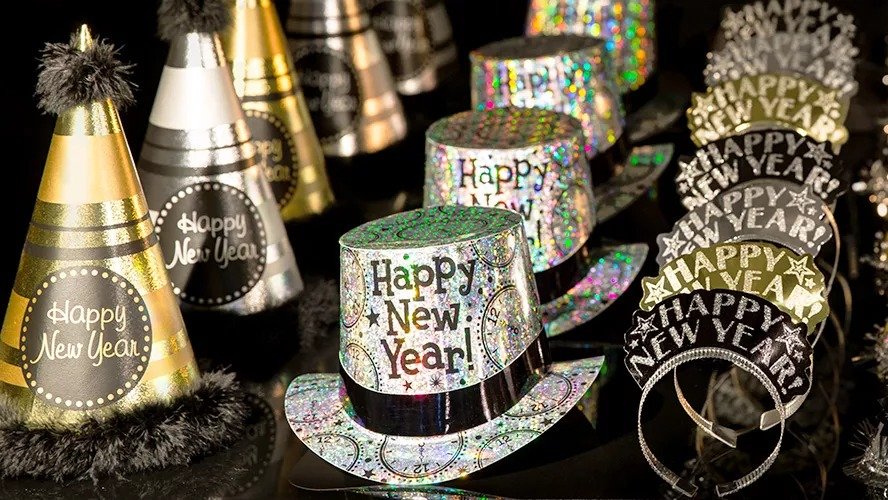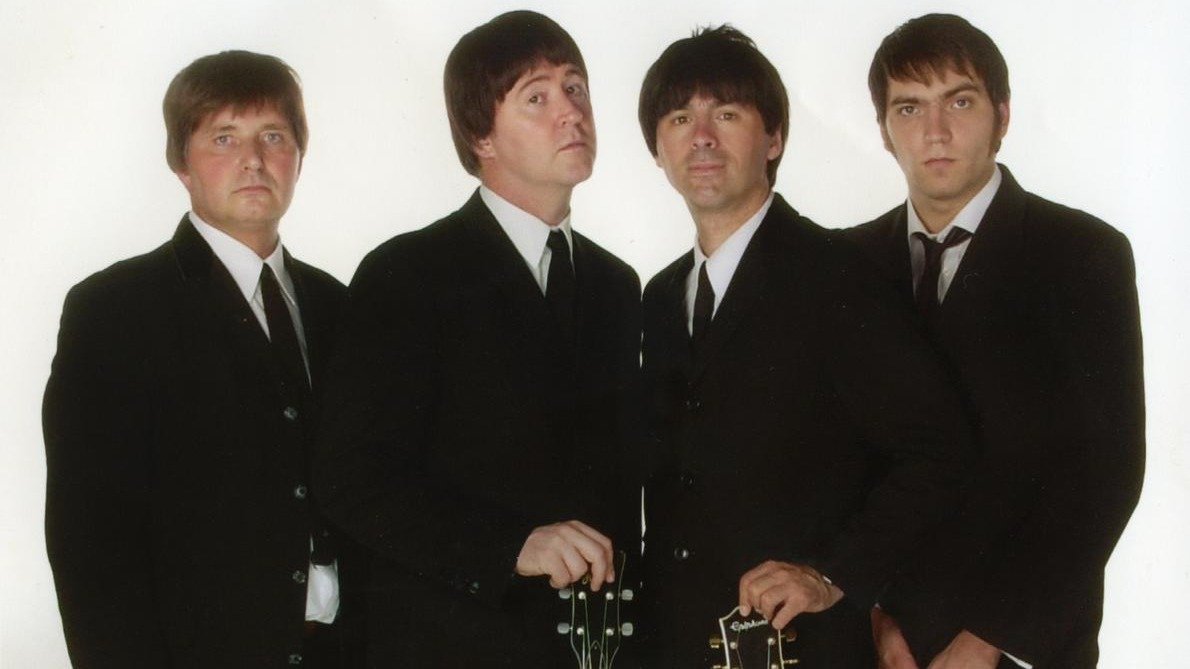Launch of Al Jazeera 360 platform
Al Jazeera Media Network will launch its new digital platform “Al Jazeera 360...
Sep 14, 2024
From Ancient Traditions to Modern Revelry: Unveiling the Tapestry of New Year Celebrations
Maribel Saad, Dec 26, 2023

The concept of the new year is deeply ingrained in human culture and has been celebrated in various forms for centuries. Beyond the joyous festivities, there are intriguing facts associated with the New Year that add depth to our understanding of this global tradition.
1. Historical Origins:
The celebration of the new year dates back to ancient civilizations. The earliest recorded New Year's festivities can be traced to Mesopotamia around 2000 B.C. The Babylonians celebrated the new year with an 11-day festival, marking the first new moon following the vernal equinox.
2. Julian to Gregorian Calendar Shift:
The transition from the Julian calendar to the Gregorian calendar in 1582 by Pope Gregory XIII led to the adoption of January 1st as the beginning of the new year. Previously, various dates were observed as the start of the year, such as March 25th.
3. New Year Resolutions:
The tradition of making New Year's resolutions is believed to have originated from the ancient Babylonians. They promised the gods to repay debts and return borrowed items at the start of each year. This practice has evolved over time, with modern resolutions focusing on personal improvement and goal setting.
4. Symbolism of January:
January is named after Janus, the Roman god of doors and gates. Janus is depicted with two faces, one looking back at the past year and the other forward to the new one, symbolizing reflection and anticipation.
5. Global Celebrations:
New Year's celebrations vary across cultures and regions. In Japan, the New Year (known as Oshogatsu) is marked with traditional rituals like Hatsu mode, the first shrine visits of the year. In Scotland, Hogmanay celebrations include the famous "First-Footing," where the first person to enter a home after midnight brings symbolic gifts.
6. Time Square Ball Drop:
The iconic ball drop in New York City's Times Square has been a tradition since 1907. The ball, adorned with thousands of LED lights, descends 141 feet in the span of one minute, marking the arrival of the new year.
7. Lunar New Year:
While January 1st is the widely accepted date for the new year, many cultures also celebrate the Lunar New Year. Based on the lunar calendar, this celebration, including Chinese New Year, typically falls between January 21st and February 20th.
8. Fireworks Tradition:
Fireworks have become synonymous with New Year's celebrations worldwide. The tradition is believed to have originated in ancient China, where fireworks were used to drive away evil spirits. Today, they symbolize joy, hope, and a fresh start.
9. First-Footing in Scotland:
In Scotland, the first person to enter a home after the stroke of midnight on New Year's Eve is called the "first-footer." Tradition holds that a tall, dark-haired man is especially auspicious and brings good luck for the coming year.
10. Noisemaking Tradition:
Making noise at midnight is a common New Year's tradition meant to ward off evil spirits. From fireworks and firecrackers to bells and horns, the noise signifies the riddance of the old year's negativity and the welcoming of positive energy.
As we bid farewell to the old and embrace the new, these facts about the New Year shed light on the rich history and cultural significance behind this global celebration. Whether through ancient traditions, modern festivities, or personal resolutions, the New Year serves as a universal symbol of renewal and the endless possibilities that lie ahead.

Al Jazeera Media Network will launch its new digital platform “Al Jazeera 360...
Sep 14, 2024

Radisson Blu Hotel, Doha is thrilled to announce the return of its highly ant...
Aug 21, 2024

Eid al-Adha, or the "Festival of Sacrifice," is one of the most significant c...
May 21, 2024

To Celebrate Eid Al Adha and Beat the Summer Heat
Jun 11, 2024

Waldorf Astoria Doha is delighted to officially announce the Grand Opening of...
Jun 11, 2024

Subscribe to our newsletter !
Nov 15, 2024

The ceremony honored 290 graduates from seven schools under Qatar Foundation’...
Jun 04, 2024

The MICHELIN Guide announced its arrival in Doha, Qatar for an upcoming 2025...
Jun 04, 2024

52nd Amir Cup Final Tickets: May 24, 2024, Education City Stadium.
May 20, 2024

Qatar Cabinet approved a proposal to allow children to enroll in kindergarten...
May 23, 2024

With Discover Qatar's shuttle bus service, arrive at the HIA and visit Doha’s...
May 22, 2024









